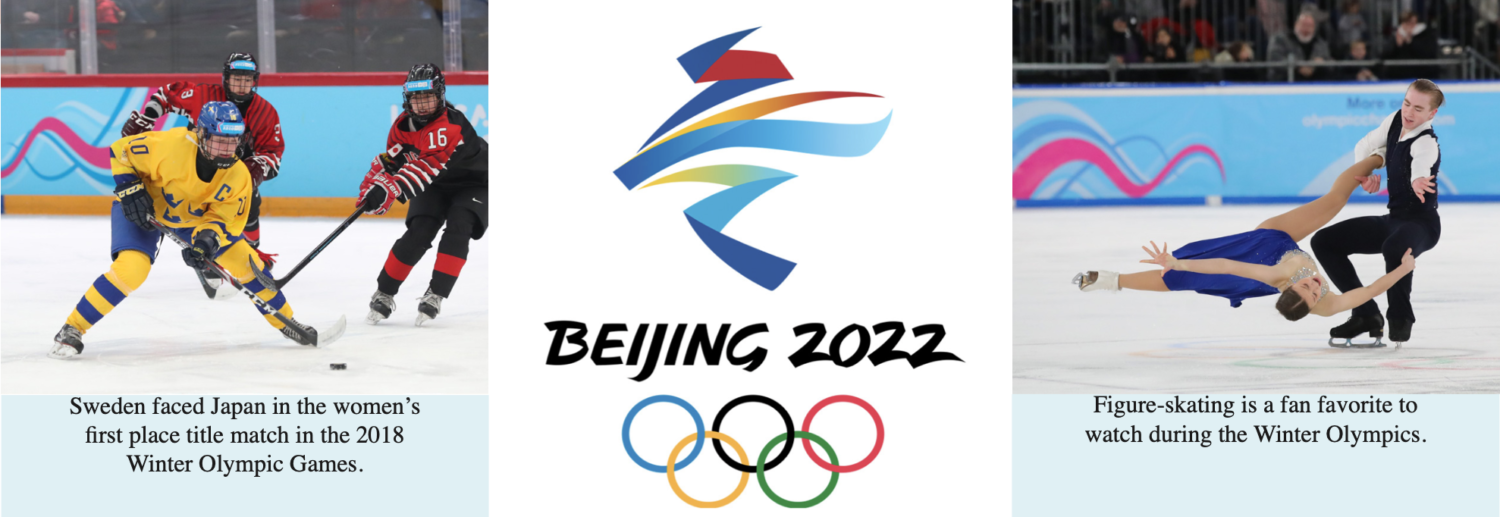
design: Cris Montoya
For many high school seniors, May 1was the final day they were able to commit to a university. It marked the end of a stressful year of college applications and combating senioritis; much of this stress comes from the pressure for students to go to highly selective colleges in order to be successful.
Despite what some may say, where someone goes to school does not define their success for the rest of their career.
As the school year began, I witnessed many of my senior friends slaving away at their college applications. Many of these seniors were applying to multiple schools with single-digit acceptance rates.
A common misconception during the admissions process is that a good school guarantees a good career. Contrarily, many believe going to a state school is not as beneficial as going to a prestigious private university. Both of these views are flawed.
A popular study written in the early 2000s, colloquially known as the Dale-Krueger study after the paper’s authors, examined the career earnings of graduates from 27 U.S. universities. These universities ranged from small state schools to renowned schools’ part of the Ivy League. The study concluded that the university an employee attended has a negligible effect on the amount of money they earn. Instead, a better predictor of future success is the average SAT score of all the schools a student applies to.
A student’s work ethic and academic talent will take them further in their career than the school they attend will.
It is likely more beneficial for students to attend a state school with a scholarship and graduate with little to no debt rather than going to Columbia University and in turn spending upwards of $300,000 for their education.
Frank Bruni, the author of the bestselling book “Where You Go Is Not Who You’ll Be”, which informs parents and students about success after college, writes about how student study habits and effort made in and out of the classroom will lead to success, not the rank of the school a student attends.
Higher education is just that, a higher form of education. A good student at a school with fewer resources will fare better after college than an undisciplined student at a prestigious university.
High schoolers need to realize that not going to a reputable university does not mean they are failures. There are multiple ways to become successful and the school someone attends does not guarantee anything.
Many people assume employers will look at a prospective employee’s educational history first. In actuality employers are more inclined to hire a worker with more job experience. A survey published by Glassdoor showed that companies put more emphasis on a candidate’s skills and experience level and how those skills translate to their company then they did on the candidate’s education.
Rather than prioritizing the prestige of a university students should emulate admissions officers and look at a school holistically.
Editorial Statement
The Courier is the official student-produced medium of news and information published by the Advanced Newspaper Journalism students of Olentangy Orange High School. The Courier has been established as a designated public forum for student journalists to
inform, educate and entertain readers as well as for the discussion of issues of concern to their audience. It will not be reviewed or restrained by school officials, adults or sources prior to publication.
The content of The Courier is determined by and reflects only the views of the student staff and not school officials or the school itself.
The Courier will not publish any material, determined by the staff or adviser, that is libelous, obscene or disruptive to the school day.
The adviser is Kari Phillips. Readers may respond to The Courier through Letters to the Editor. Letters may be mailed, e-mailed to thecourierstaff@gmail.com or dropped off to room 2213. The staff asks that submissions be 300 words or less and contain the author’s
name and signature. Editors reserve the right to edit or withhold publication of letters.
The Courier strives to uphold the Canons of Professional Journalism, which includes accuracy, impartiality, etc. Therefore, major errors will be corrected in the next issue. Distinction will be marked between news and opinion stories.


